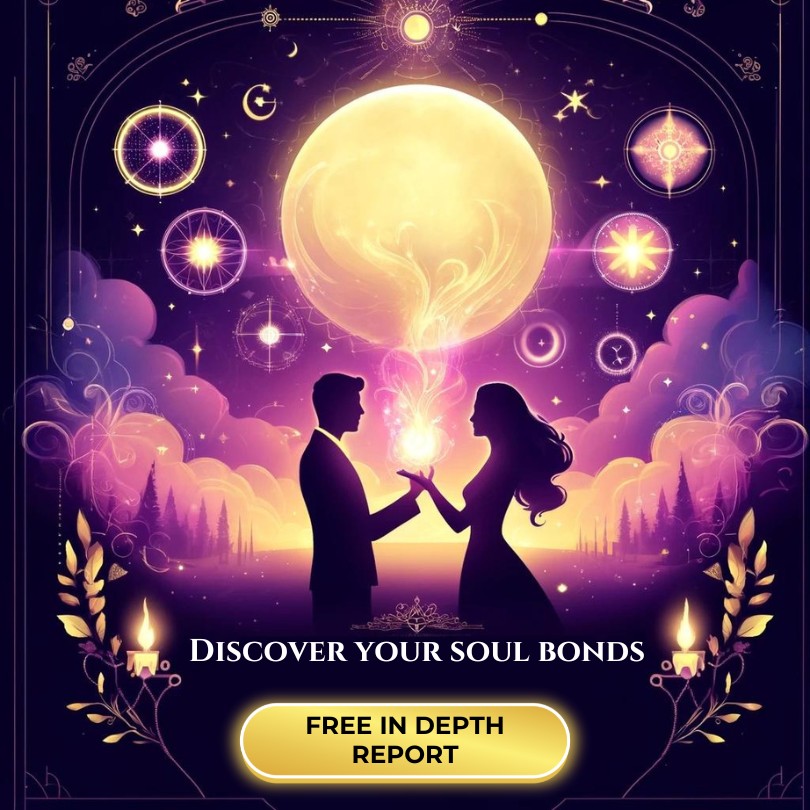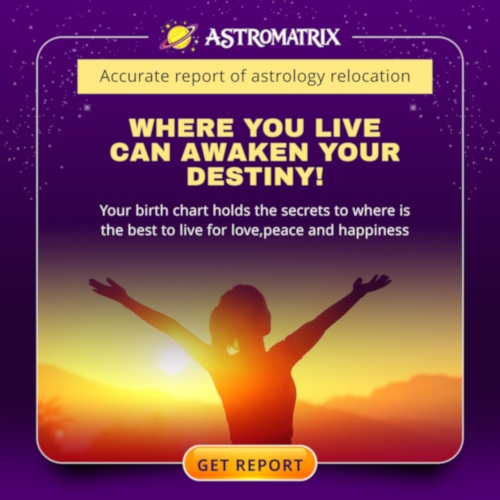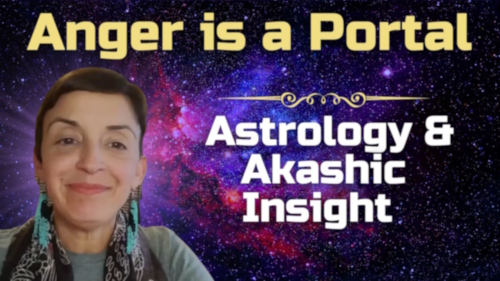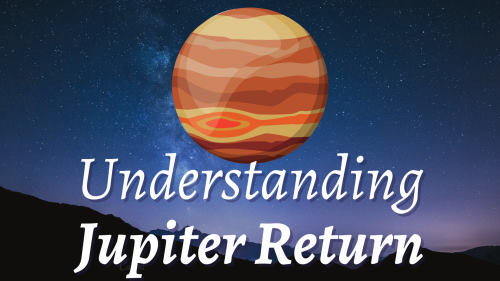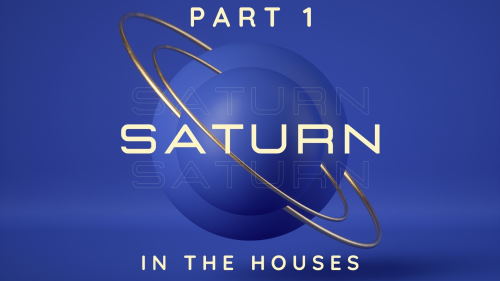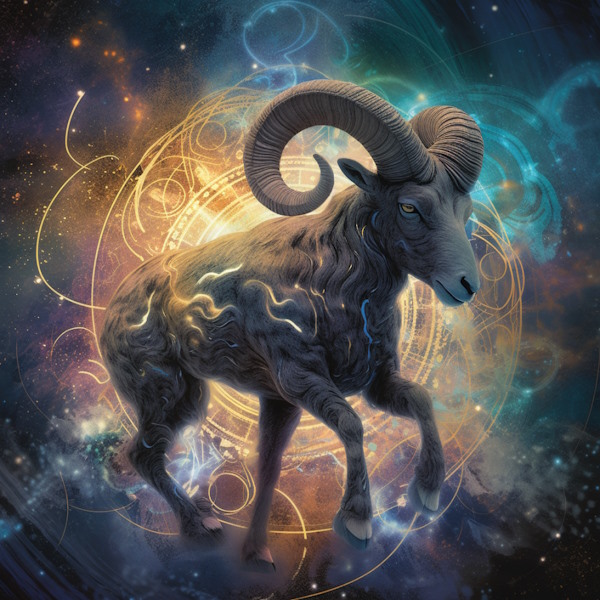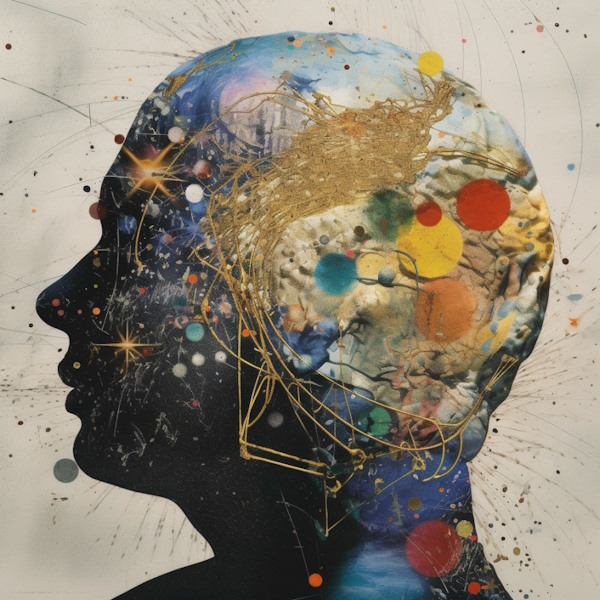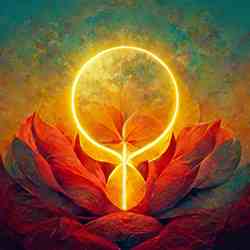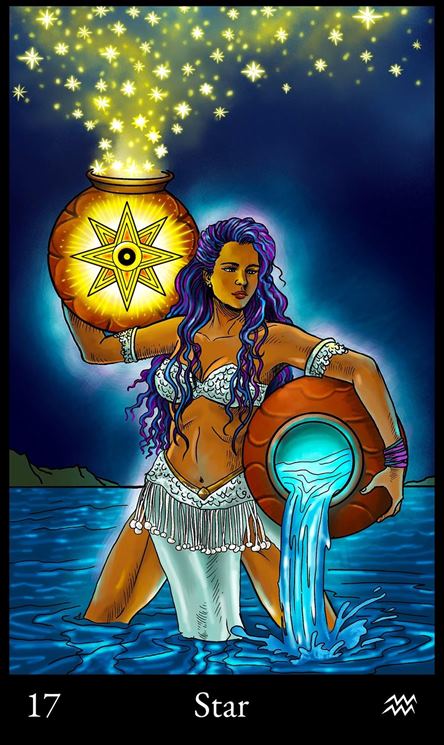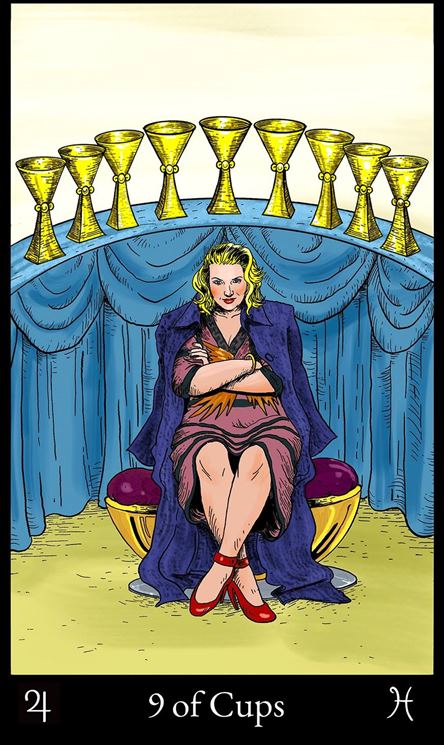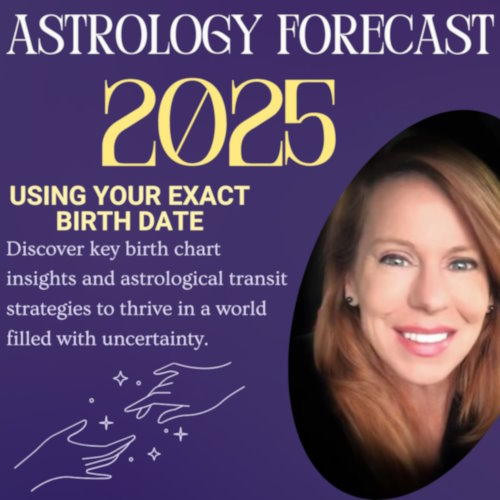Juno Sesquiquadrate Venus ~ Planet Aspects

"I am capable of finding a harmonious balance between my independence and deep emotional connection within my relationships."
- Reflecting on relationship dynamics
- Balancing commitment and freedom
Juno Sesquiquadrate Venus Opportunities
- Harmonizing connection and autonomy
- Navigating asymmetries in relationships
Juno Sesquiquadrate Venus Goals
Juno Aspects
Juno: The Covenant of Partnership
In the natal chart, Juno, named after the Roman goddess of marriage and commitment, signifies the nature of one's ideal partnership and the qualities one values in long-term commitments. It delves deeper than just romantic inclinations, revealing insights into how an individual perceives loyalty, what they expect in terms of fairness within a union, and their innate approach to contracts, be they marital or otherwise. Juno's position by sign can indicate the kind of partner one is drawn to or the style of partnership that resonates most deeply. For instance, Juno in Leo might seek a dramatic, passionate, and loyalty-driven relationship, while Juno in Gemini might prioritize intellectual rapport and communication.
Juno's Sacred Vows
Beyond sign placement, the house Juno occupies shows the arena of life where one seeks deep commitment and where themes of contractual bonds might play out. For instance, Juno in the 10th house might indicate a person whose commitment is closely tied to their career or public life, perhaps suggesting business partnerships or a marriage that holds significant public importance. Aspects to Juno, whether harmonious or challenging, reveal nuances in how one navigates long-term commitments. A square to Venus might suggest tensions in balancing personal desires with partnership obligations, while a trine to Mercury could point to a harmonious communicative bond with a partner. Juno's intricate dance in the natal chart sheds light on the sacred vows one is inclined to make and the nature of the unions one seeks.
Juno Sesquiquadrate Venus Meaning
Juno Sesquiquadrate Venus suggests that you may experience tension and challenges in your relationships, particularly in the realm of love and partnership. This aspect indicates a potential struggle between the desire for personal freedom and the need for emotional connection and intimacy. It can create a sense of imbalance or conflict between your individuality and your desire to merge with another.
How can you find a healthy balance between your need for independence and your desire for deep emotional connection within your relationships? How can you honor your own uniqueness while still fostering a sense of togetherness and unity with your partner?
Remember, this aspect does not determine your fate or limit your ability to create fulfilling relationships. It serves as a reminder to navigate the complexities of love and partnership with awareness and a willingness to find harmony between your individual needs and the needs of your relationship.
Reflect on whether you may have a tendency to swing between extremes in relationships, either clinging too tightly to your independence or becoming overly dependent on your partner. How can you find a middle ground where you can maintain your sense of self while also fostering a mutually supportive and fulfilling partnership?
Juno Sesquiquadrate Venus Keywords
For more information on your birth or transit aspects to discover your true potential, check out our captivating, interactive, and completely free love report. Learn how your empathetic nature shapes your interactions and enriches your relationships.
Our intuitive, user-friendly layout guides you through each aspect of your spiritual vision, making it effortless to pinpoint areas where you might need guidance in decision-making. By using your precise birth details, we ensure unmatched accuracy, delving deeper with the inclusion of nodes and select asteroids. Experience insights and revelations far beyond what typical reports and horoscopes offer.







